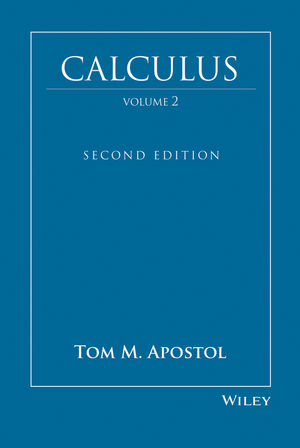| Syllabus |
| Homework |
| Grading |
| Waitlist |
| Math Links |
| Lecture Room: | W304 MSC |
| Lecture Time: | TuTh 11:30-12:45 |
| Lab Room: | W303 MSC |
| Lab Time: | F 9:00-9:50am |
| Final Exam: | M, May 1, 8-10:30am |
| Lecturer: | David Zureick-Brown |
| Office: | W430 MSC |
| Phone: | (608) 616-0153 |
| Email: | dzb@mathcs.emory.edu |
| | |
| Text: | ``Calculus, Vol. 2: Multi-Variable Calculus and Linear Algebra with Applications to Differential Equations and Probability" (2nd edition), Apostol |
| Office Hours: | W1-1:30, 3:30-4 |
| |
 |